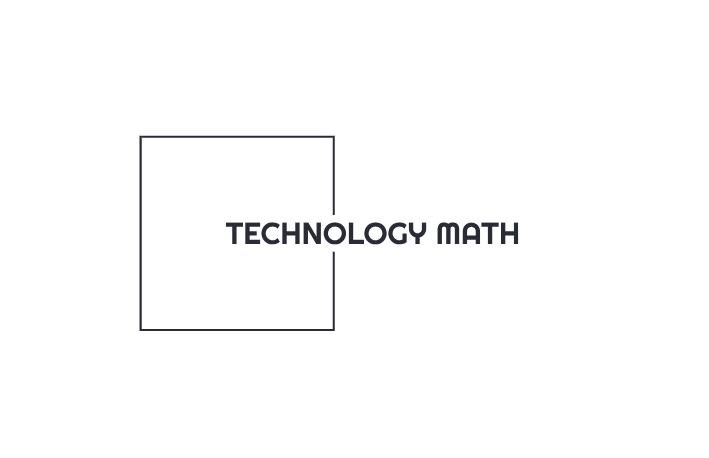
Finding the right contact center software is essential to manage customer interactions efficiently. These tools are not just about handling calls; they’re about enhancing customer experience and optimizing your support team’s workflow. To stay competitive and responsive in today’s fast-paced market, businesses need software that can handle a multitude of tasks with ease and precision. In this article, we explore the crucial features that modern contact center solutions should offer for any forward-thinking business.
Essential Features of Contemporary Contact Center Software

In today’s increasingly digital world, contact centers require robust software solutions that can handle a high volume of interactions across various channels. The cornerstone of any efficient contact center software is its ability to facilitate seamless communication. This includes clear voice calls, video conferencing capabilities, and reliable messaging systems.
Another crucial aspect is the user interface (UI). Contemporary contact center software should feature an intuitive UI that is easy for agents to navigate. This minimizes training time and reduces the likelihood of errors during interactions. Furthermore, customization options allow businesses to tailor the software to their specific operational needs, enhancing agent productivity and making the software a better fit for the organization’s unique workflow.
Scalability is another feature to consider; as your business grows, your software should grow with you. The best contact center solutions can easily expand to accommodate more agents, additional communication channels, and increased customer inquiries. This flexibility means the software can support your business’s growth without the need for disruptive transitions to new platforms.
Omnichannel Communication for Customer Engagement
Customers expect a seamless experience when they interact with a business, regardless of the communication channel they choose. Omnichannel communication strategies are at the heart of delivering this seamless customer journey. A contact center solution that provides consistent service across phone, email, social media, chat, and other platforms is essential. It ensures customers receive uniform quality of care, which drastically improves overall satisfaction.
The true potential of omnichannel communication lies in its capability to integrate conversation histories across all channels. This means an agent can access previous interactions with a customer, leading to more personalized and informed support. The era of customers having to repeat their issues every time they switch communication channels is coming to an end, thanks to these sophisticated systems.
With the right software, live chat and messaging can be elevated to provide real-time engagement with customers. Features like chatbots and automated responses keep the conversation going even outside business hours. These functionalities are not only convenient for customers, they also optimize the workload of human agents by handling routine inquiries automatically.
AI and Automation in Modern Contact Center Solutions
Artificial intelligence (AI) and automation technologies have revolutionized the capabilities of contact center software. AI-driven tools can analyze conversations, predict customer behavior, and provide agents with actionable insights. This level of support empowers agents to deliver more effective and efficient customer service, often with the added ability to preemptively solve issues before they escalate.
Automation is particularly transformative when deployed for routine tasks such as ticket routing and follow-up scheduling. It reduces the cognitive load on agents, freeing them up to focus on more complex and emotionally nuanced interactions with customers. Enhanced productivity is a direct benefit when mundane aspects of customer service are automated.
Analytics and Reporting Capabilities for Data-Driven Insights
The value of data in shaping customer service strategies cannot be underestimated. Modern contact center software comes equipped with analytics and reporting tools that can provide a wealth of insights. These capabilities allow management to track key performance indicators (KPIs) such as call wait times, resolution rates, and customer satisfaction scores. This information is vital for identifying strengths and pinpointing areas that require improvement.
Detailed reports can also reveal patterns in customer behavior, preferences, and feedback. By analyzing this data, businesses can make informed decisions, tailor their services, and adjust their approach to communication. The real-time analytics also enable supervisors to react promptly to emerging trends, keeping the service level consistent.
Customizable dashboards are a feature of particularly advanced solutions, allowing users to focus on the metrics that matter most to their specific roles. This tailored approach to data visualization ensures that everyone from agents to executives can quickly access the information they need to perform their duties effectively.
Altogether, when choosing contact center software, it’s crucial to consider the comprehensive spectrum of features that can significantly enhance customer satisfaction and operational efficiency. Overall, by focusing on these key aspects of contact center technology, companies can ensure they provide exceptional service, remain competitive, and drive growth through superior customer engagement.






